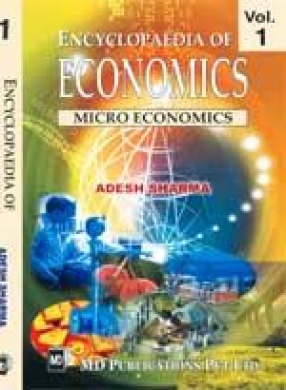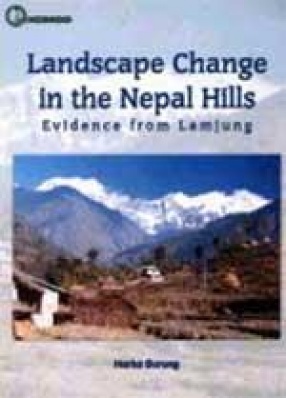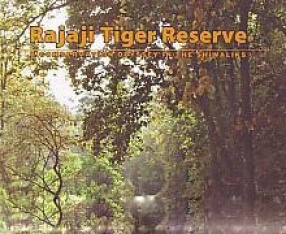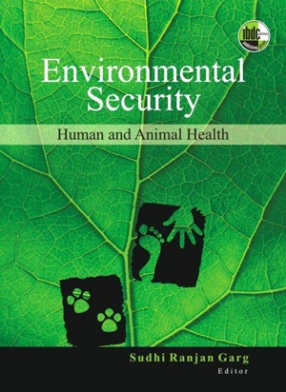Environmental Economics
Synopsis
Natural ad environmental resources have three economic roles: Waste disposal services, related to the environment’s assimilative capacity; natural resource inputs into production and directly consumed life support services and aesthetic amenities. The natural and environmental resource input function is central to understanding the relationship between economic growth and environment. Water, soil, air, biological, forest and fisheries resources are productive assets, whose quality helps determine the productivity of the economy. Focusing on this role of environment as a producer good highlights the direct effect of environmental problems on economic growth. Environmental degradation imposes costs on the economy which results in output and human capital losses. According to W.D.R., environmental protection involves a huge expenditure and this expenditure is bound to strain the resources available with the developing countries considerably, but expenditure on good environmental policies often bring good economic returns too. They are thus no more or less affordable than other desirable investment in industry, agriculture, public services or human resources. Private markets provide little or no incentive for curbing pollution, therefore ‘Environmental protection is one area in which government must maintain a central role. The presentation in this book does not compromise economic theoretical concepts, but it does complement economic theory with timely, real-world application.
Read more
49.50
44.55
$
55.00 $
Free delivery Wolrdwidе in 10-18 days
Ships in 1-2 days from New Delhi
Membership for 1 Year $35.00
Get it now and save 10%
Get it now and save 10%
BECOME A MEMBER










Bibliographic information